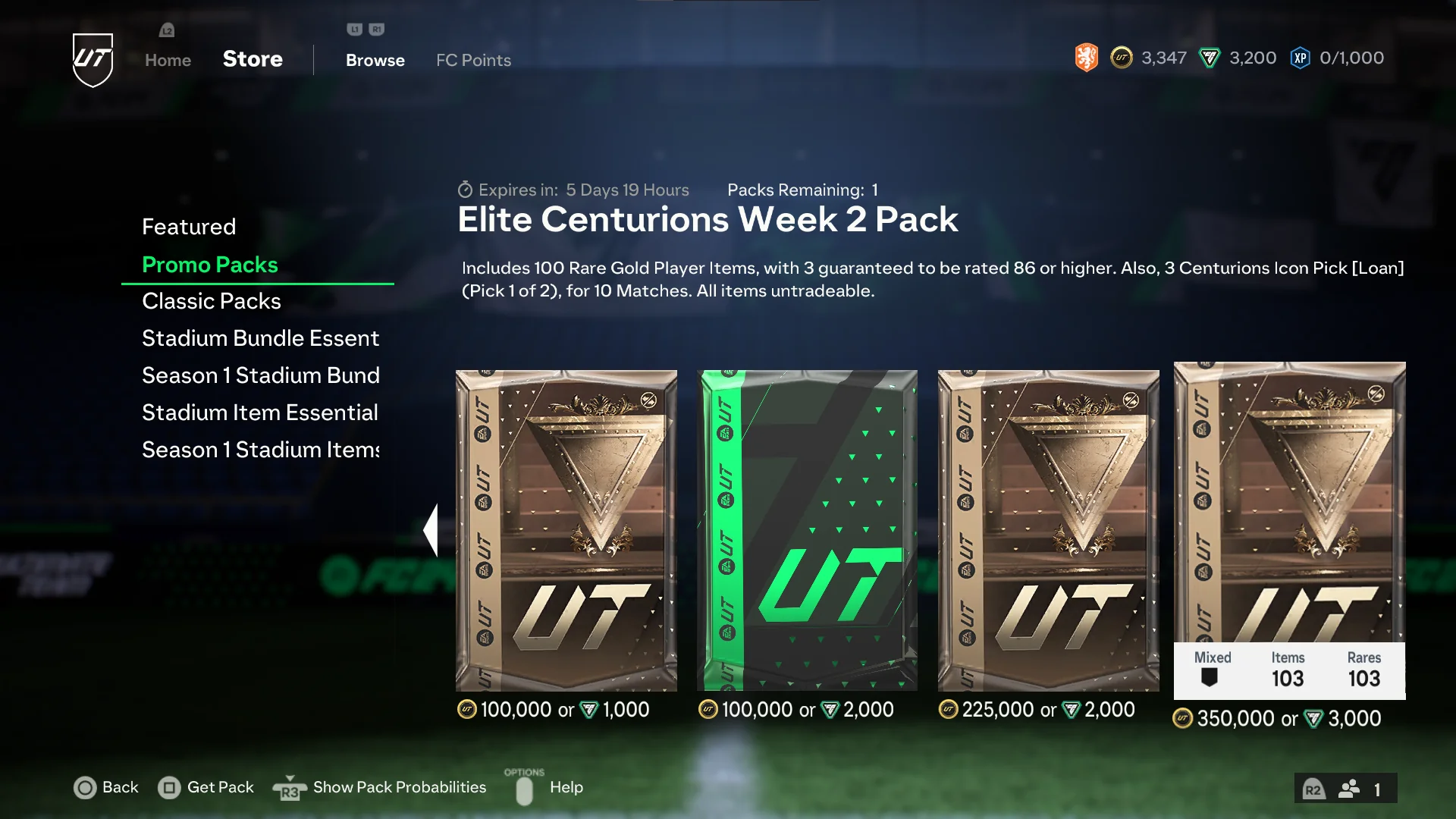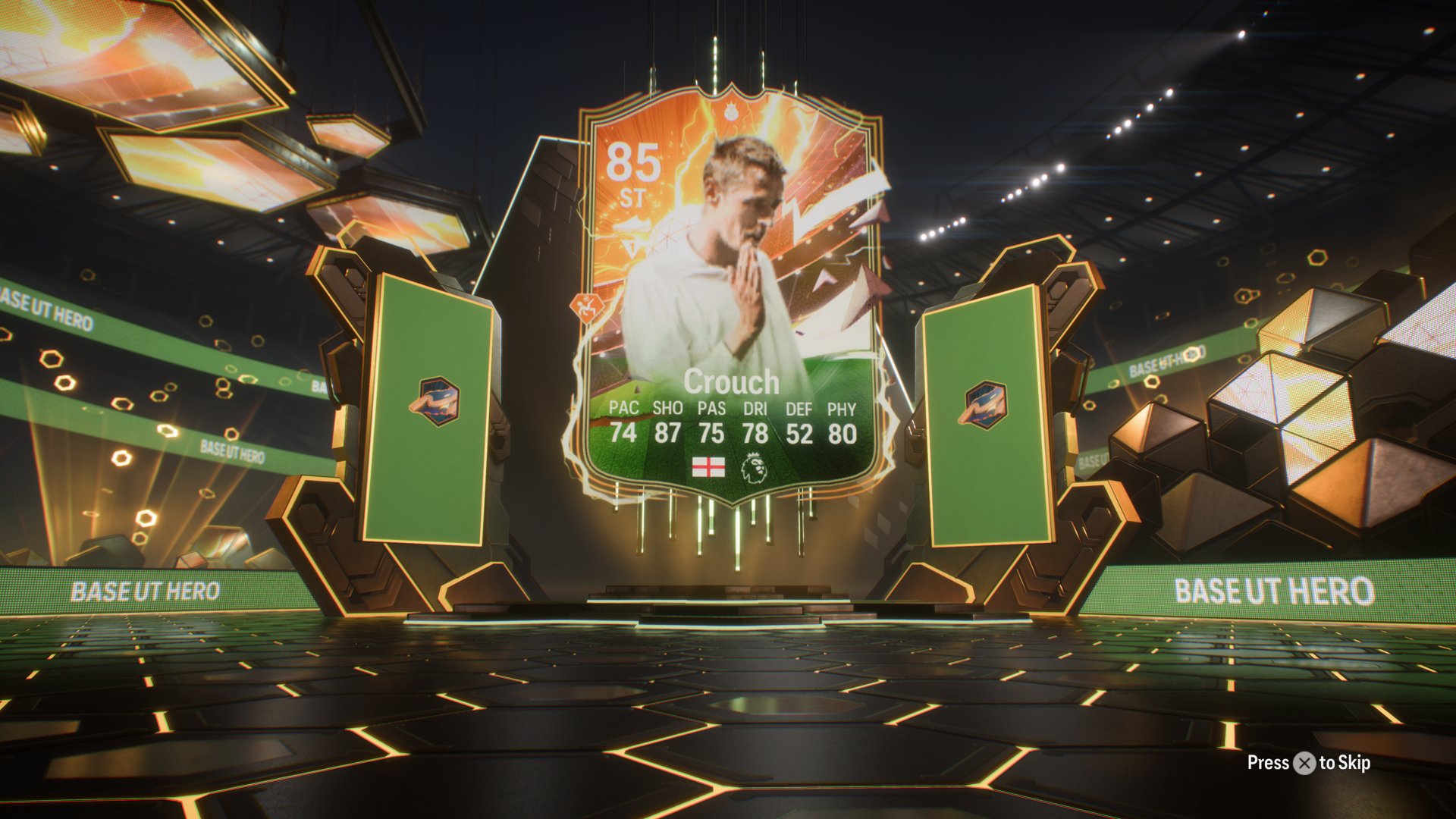In recent years, issues related to gambling and its impact on society have attracted increasing attention from governments and organizations. One of the most discussed aspects in this area has been the issue of lootboxes – special containers with randomized contents that players can purchase or obtain within various video games.
Recently, the Gambling Authority in Germany launched an investigation into the legality of the use of lootboxes in the gaming industry. This has generated widespread public interest and sparked serious discussions about consumer protection, game development ethics and the regulation of gambling elements in virtual environments.

Many users do not understand how lootboxes differ from casino gaming. According to twinspinCA, when playing casino games for money, users cannot be 100% sure of receiving their winnings. This is very similar to the mechanism of lootboxes. You pay to get a lootbox, but that doesn’t mean you’ll get something worthwhile.
What is a lootbox?
A lootbox is like a surprise chest in the world of video games. A gamer pays real money to open this chest and see what’s inside. Inside can be anything from cool character costumes to powerful weapons or just plain useless gizmos. The important thing is that the contents of the box are randomized, and the gamer will never know in advance exactly what they’ll get.

Loot boxes are found in various games, like FC Ultimate Team or Counter-Strike: Global Offensive. Companies sell the boxes or packs in FUT to users, making good money in the process. But this raises questions. Some believe it’s a form of gambling because the gamer is spending money on something random and unpredictable. Others believe it’s just part of fun gaming mechanics. Recently, Germany launched an investigation to look into how legal lootboxes are and whether they should be regulated.
Controversies around lootboxes
The ambiguity around virtual item boxes is causing a lively debate, especially when it comes to the legal status of these gaming elements and their compliance with gambling laws. The essence of the problem is that lootboxes create a grey area between the gaming process and gambling activity. After all, purchasing boxes implies spending money on something random, which, for many, is analogous to spinning a roulette wheel.

Expert meetings held under the auspices of government organizations play an important role in determining the future of this issue. The results of these discussions influence the decisions taken by the relevant authorities, including those of the German Gambling Authority. Further discussions are planned with representatives of the various federal states, which could lead to the development of clearer and more transparent rules for the regulation of lootboxes and other similar mechanics in video games.
German opposition to lootboxes
Resistance to lootboxes is gaining momentum in Germany. Recently, the state of Bremen has been on a path to ban lootboxes in various popular games on a country-wide level.
Two proposals aimed at banning lootboxes and in-game purchases have surfaced in the Bremen state parliament. It is hoped that these initiatives will be supported at the federal level by the Bremen Senate. If such a resolution is passed, it would be a meaningful step towards limiting the use of randomized content containers in the northern region of Germany.
These are not just discussions on paper – they are concrete actions aimed at protecting consumers from the possible negative consequences of gambling practices that can be perceived as a form of gambling. This is a great example of how regional initiatives can influence national-level legislation and change the landscape of the gaming industry.
 FIFA Infinity The Absolute FIFA Site
FIFA Infinity The Absolute FIFA Site




